Basic Addition Skills Worksheets for Kids
296 filtered results
-
From - To
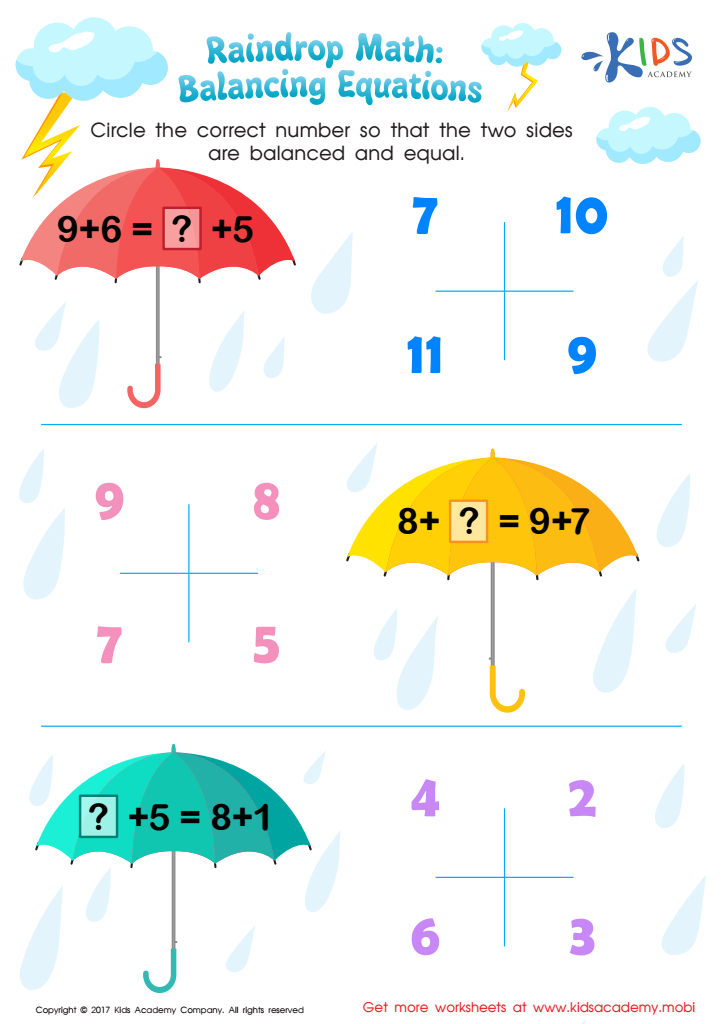

Raindrop Math Printable
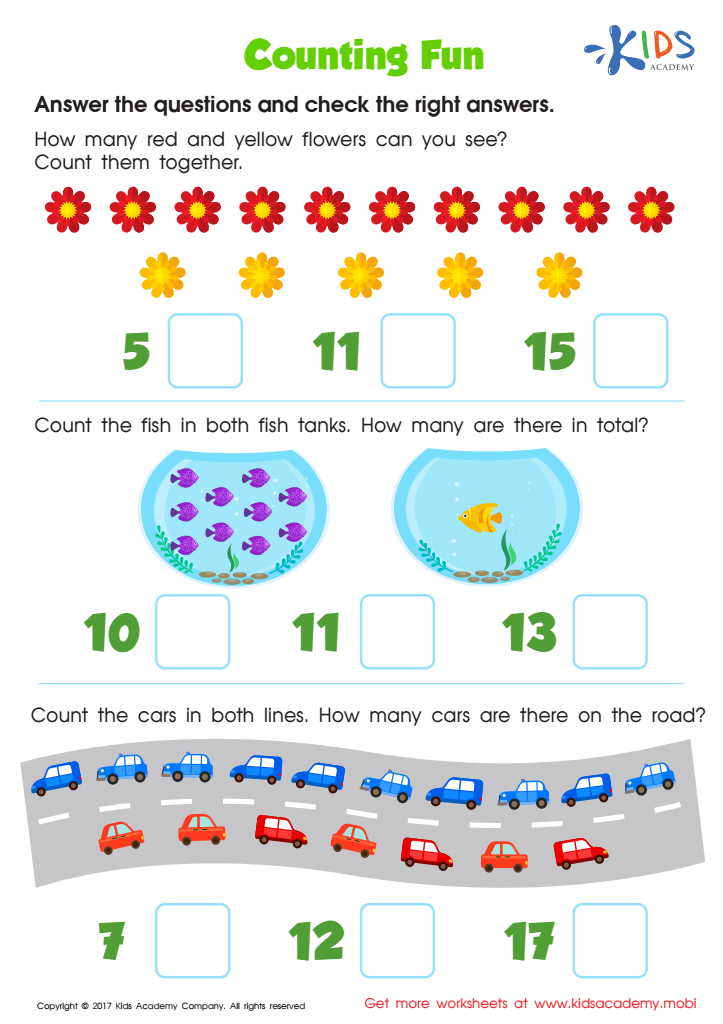

Counting Fun Worksheet


Force and Interactions: Assessment 1 Worksheet
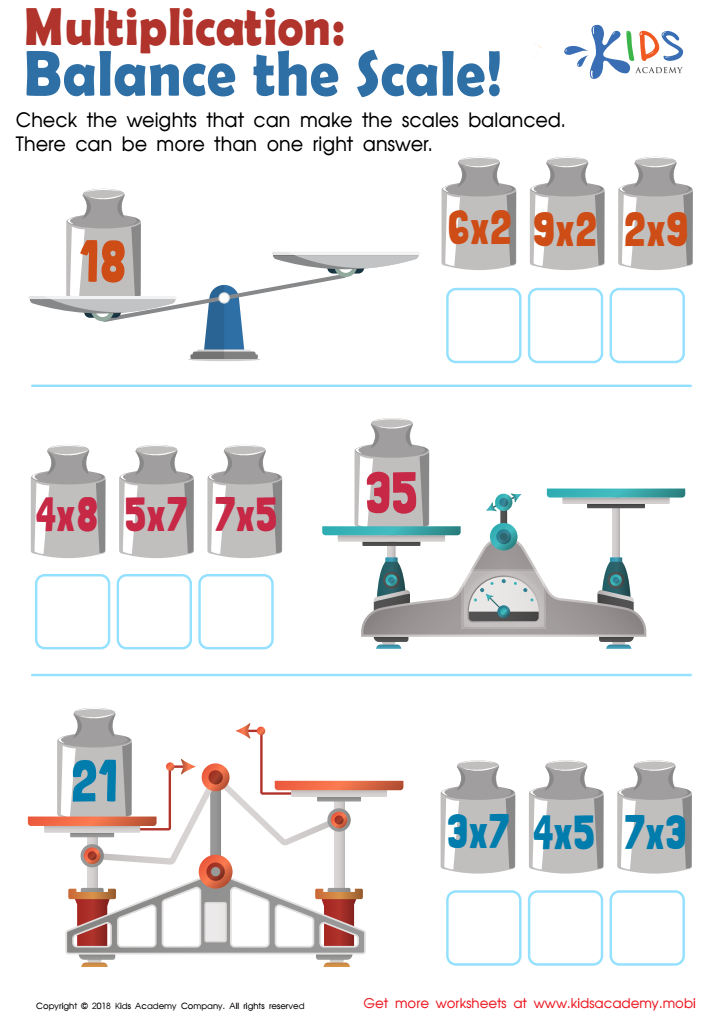

Balance the Scales Multiplication Worksheet
Question/Answer
What does the Basic Addition Skills skill mean when it comes to Preschool Adding on the Farm learning?
The Basic Addition Skills in the context of Preschool Adding on the Farm learning refers to the foundational ability of young children to perform simple addition tasks. This skill is introduced through engaging, farm-themed activities, helping preschoolers understand the concept of adding by counting animals, crops, or farm equipment, thus making learning both fun and educational.
How to test a Preschool student’s Basic Addition Skills skills?
To test a preschooler's basic addition skills, use visual aids like counters, blocks, or pictures. Ask them to solve simple addition problems by physically combining the groups of objects and then counting the total. Start with sums up to 5 and gradually increase difficulty. Observe their problem-solving approach and ensure a supportive, stress-free environment to accurately assess their understanding.
Why is the Basic Addition Skills skill important for Preschool students?
Basic Addition Skills are crucial for Preschool students as they lay the foundation for understanding mathematics. This early skill development fosters critical thinking, problem-solving abilities, and numerical literacy. Acquiring addition skills at a young age builds confidence, encourages a positive attitude towards learning more complex math concepts, and contributes significantly to their overall academic growth and success.

 Assign to the classroom
Assign to the classroom
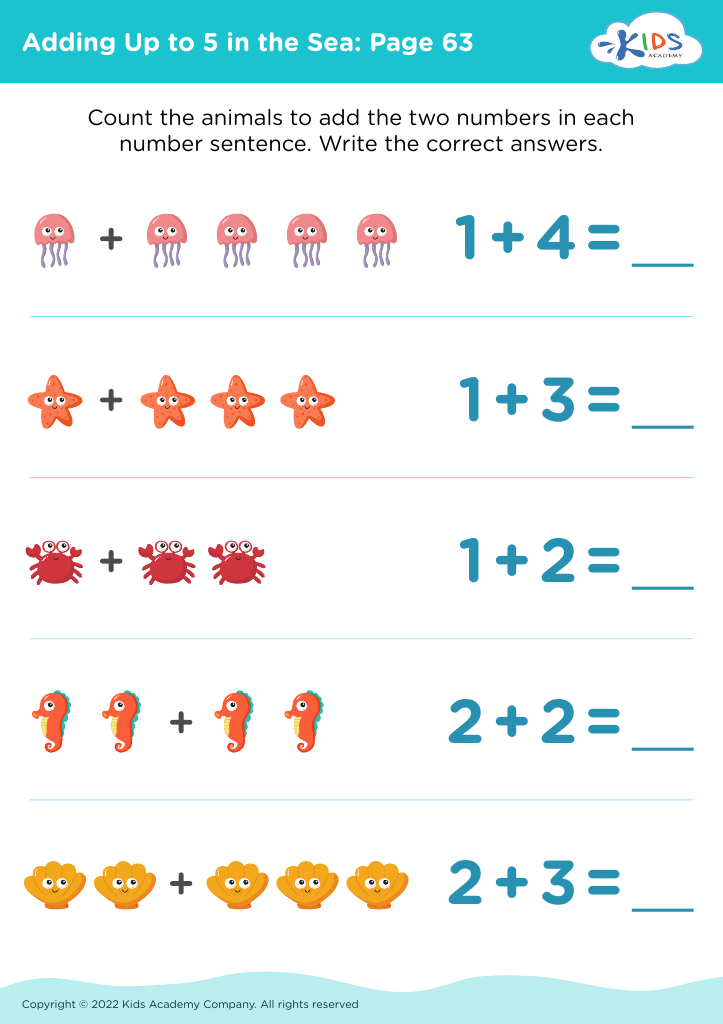
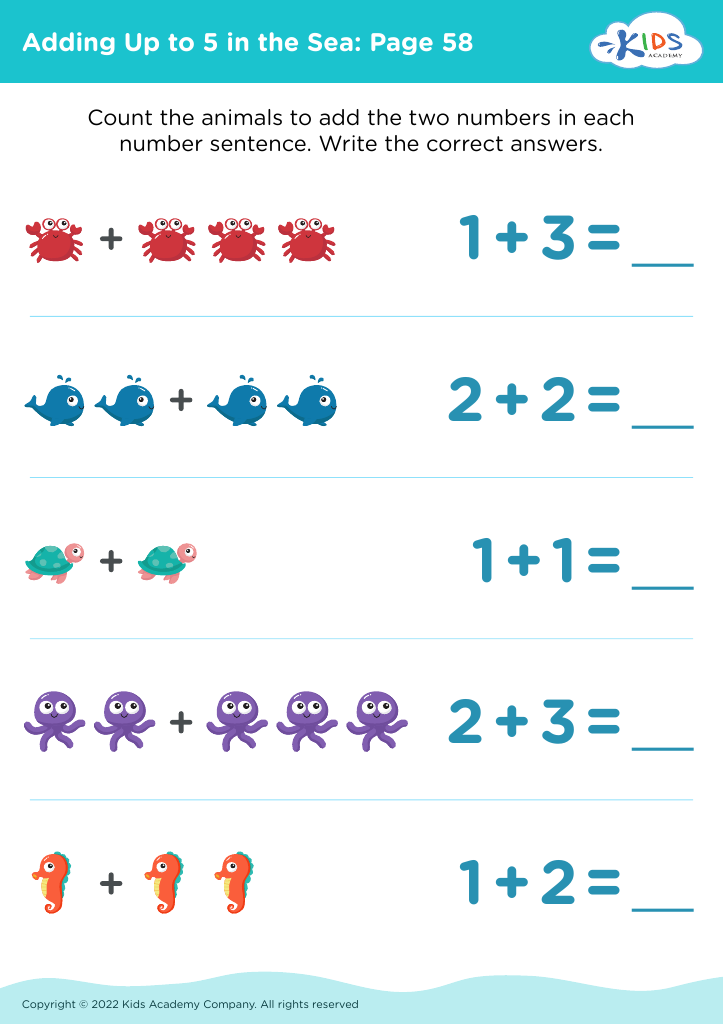
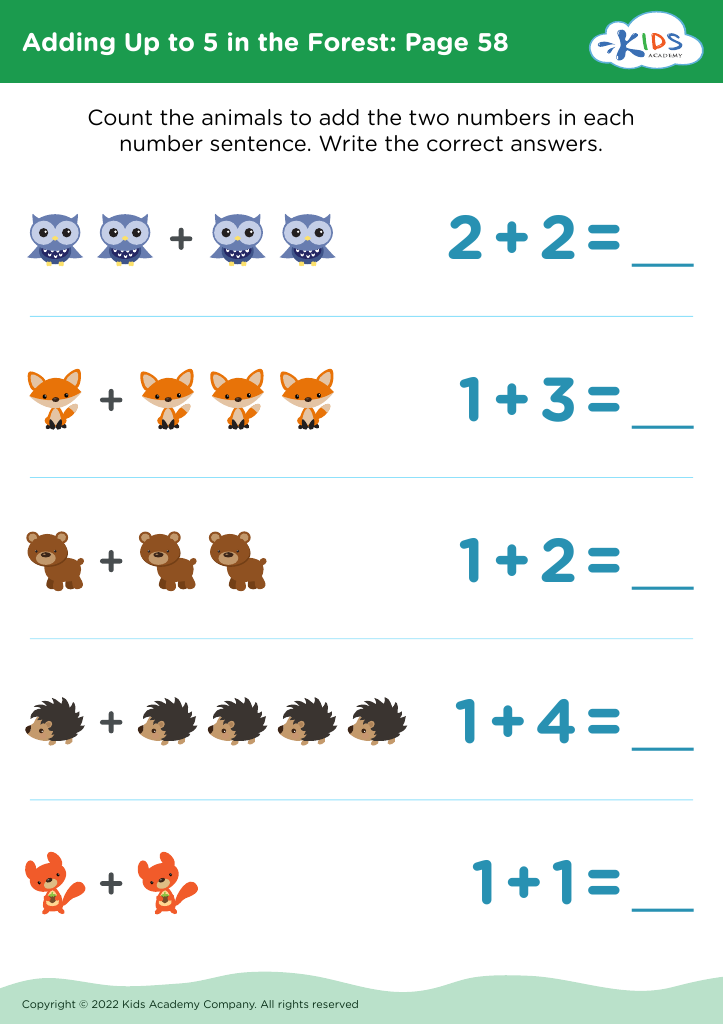
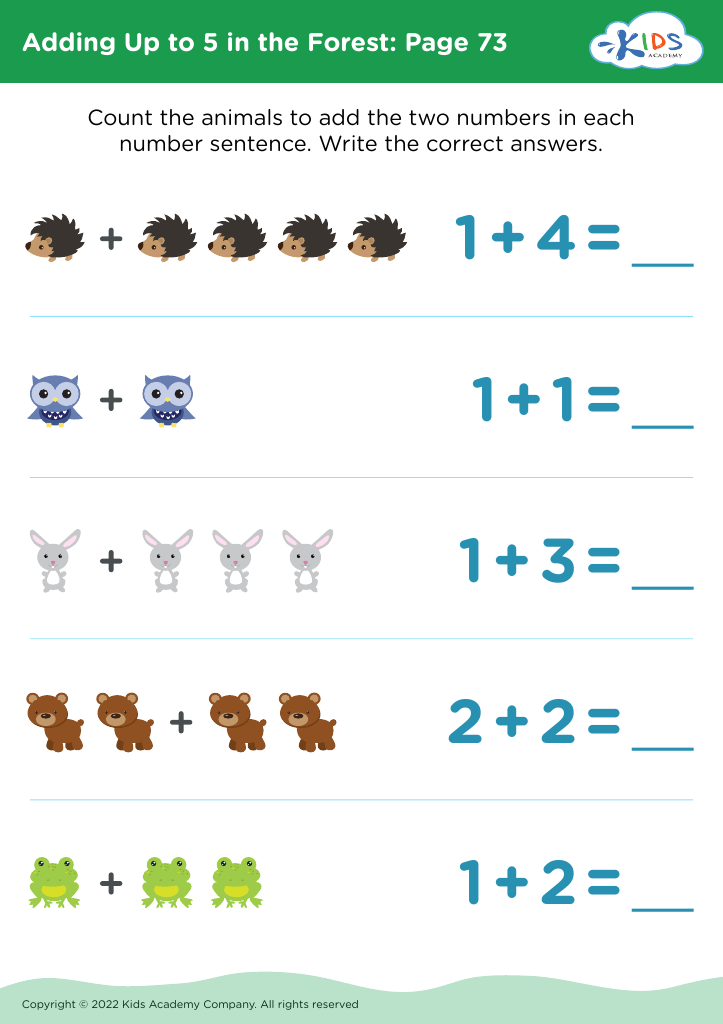
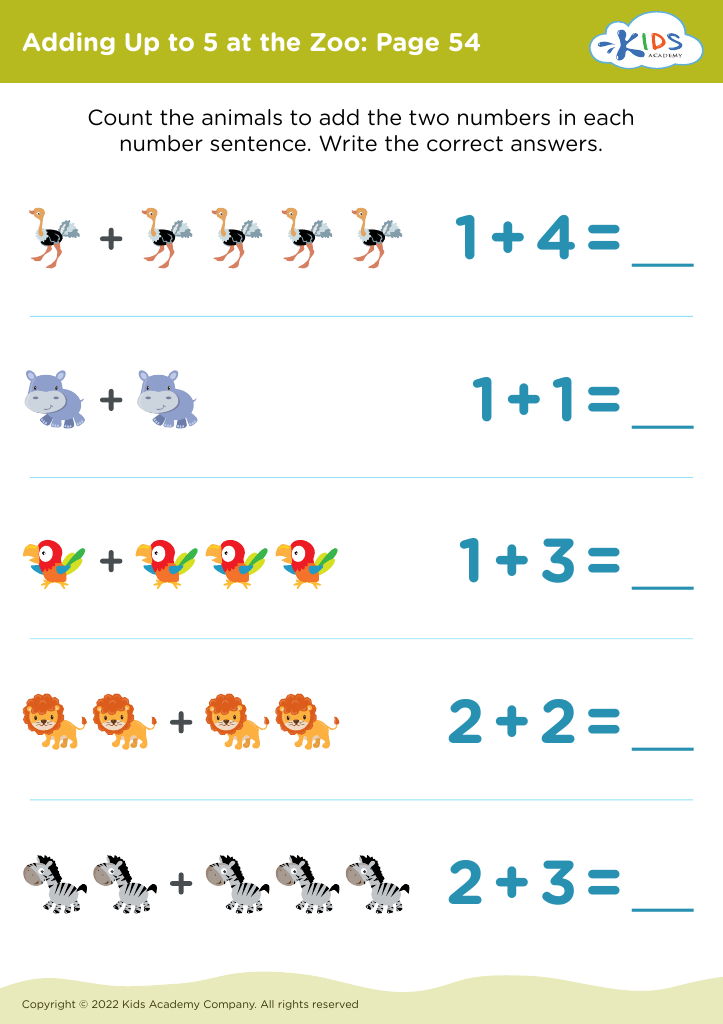
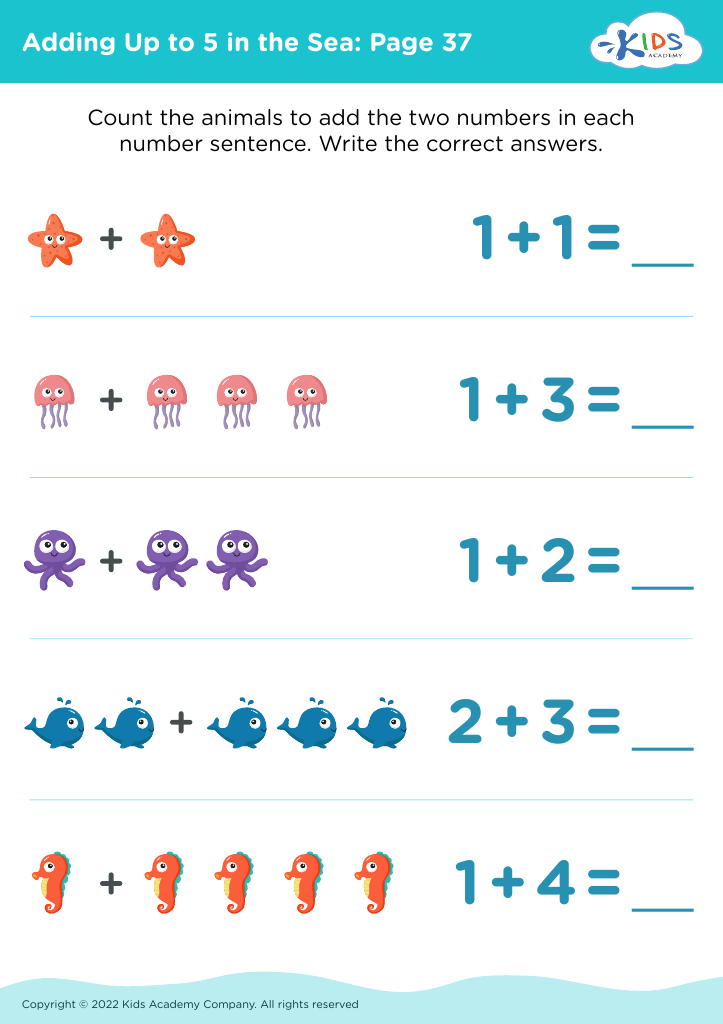
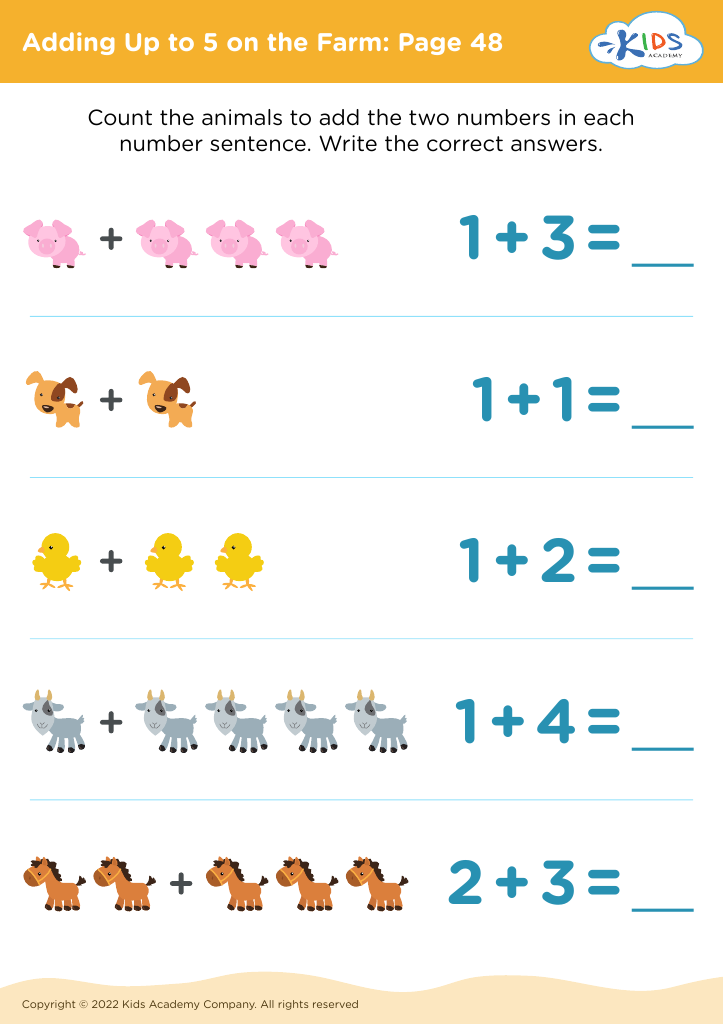
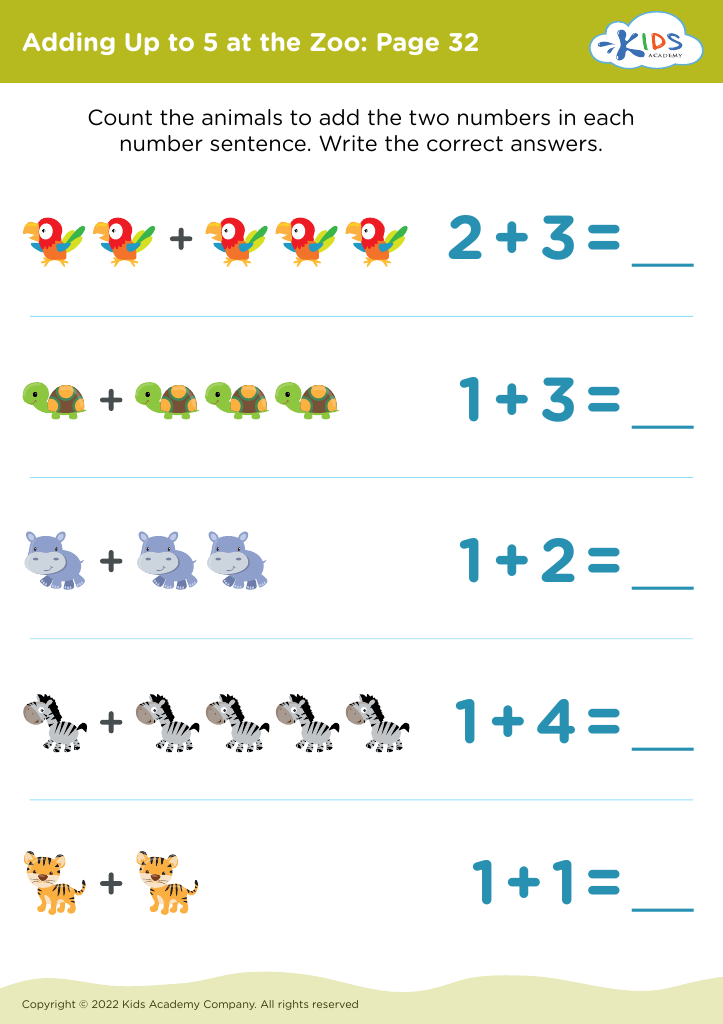
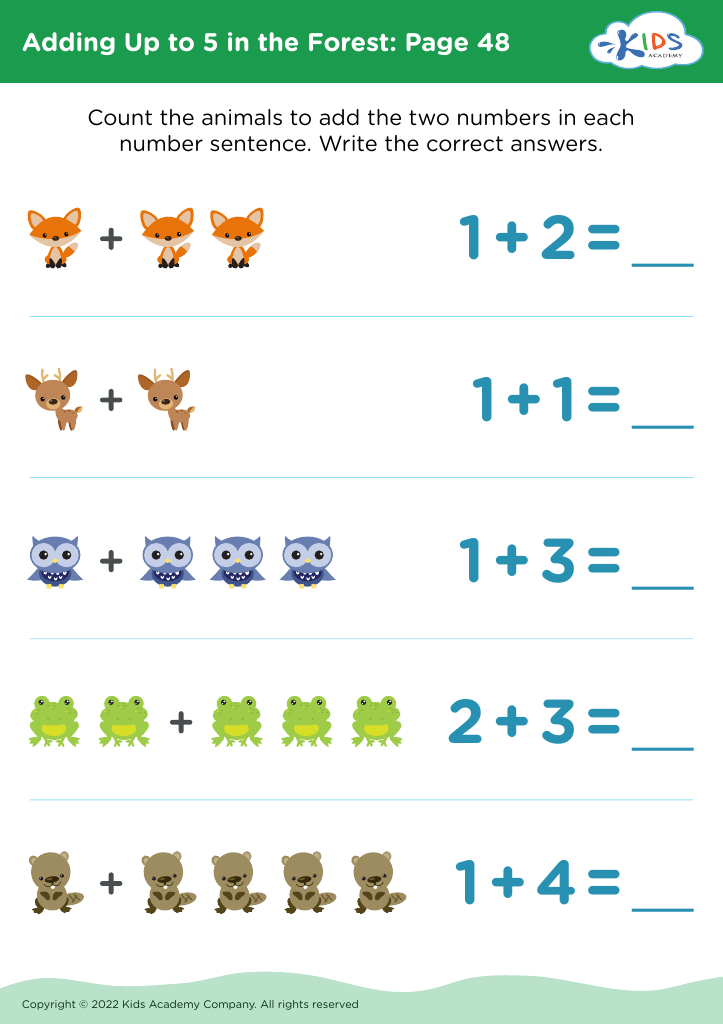
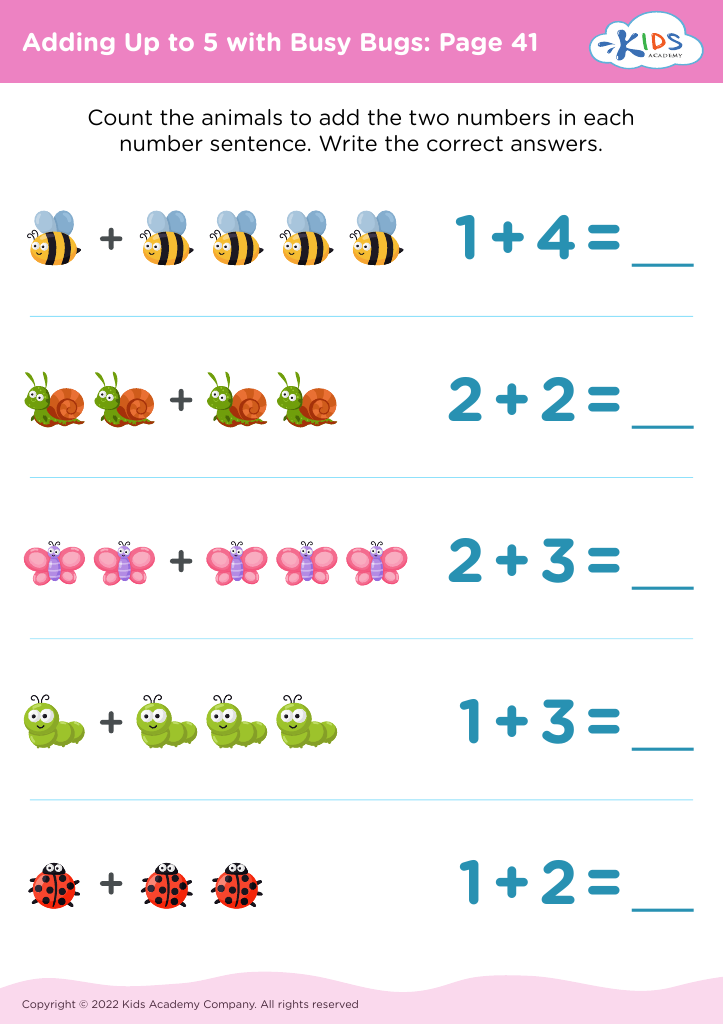
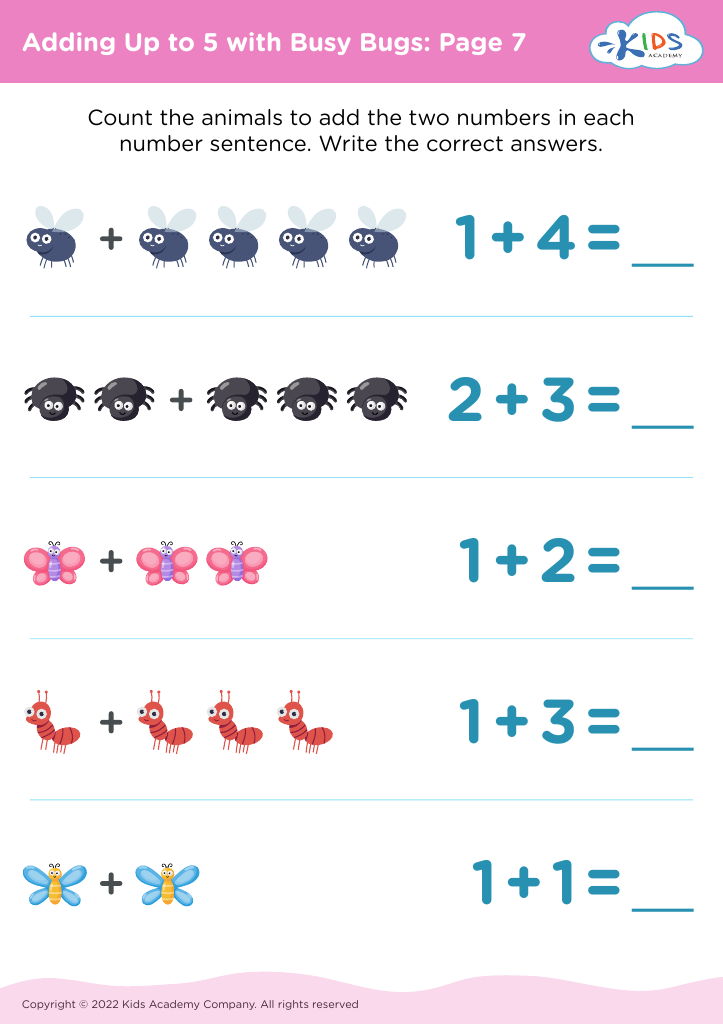
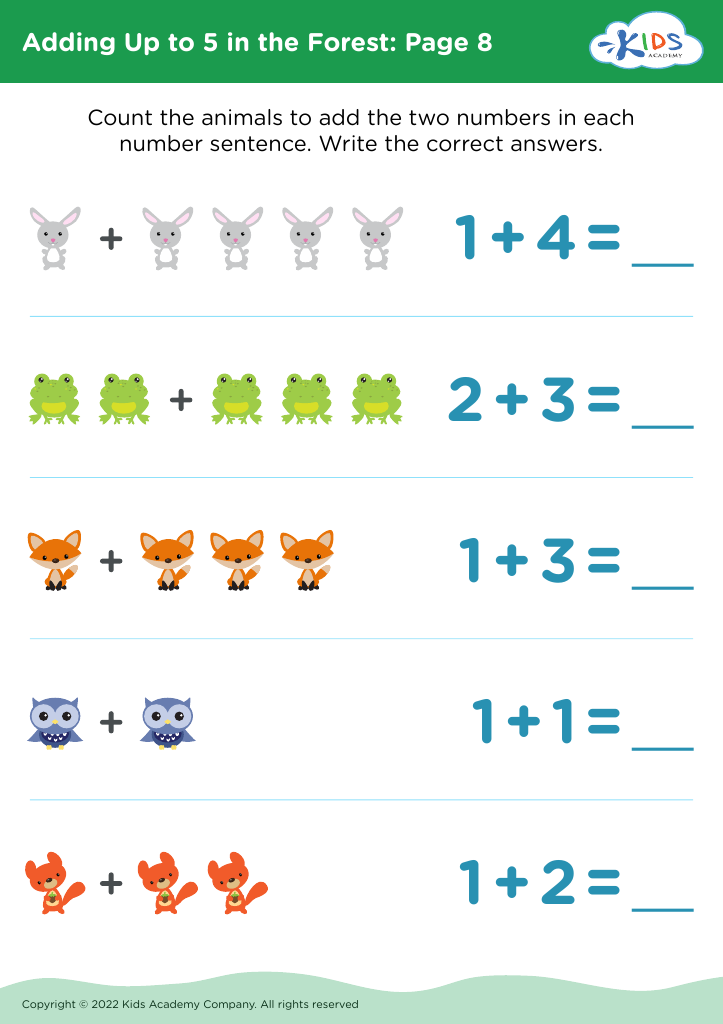
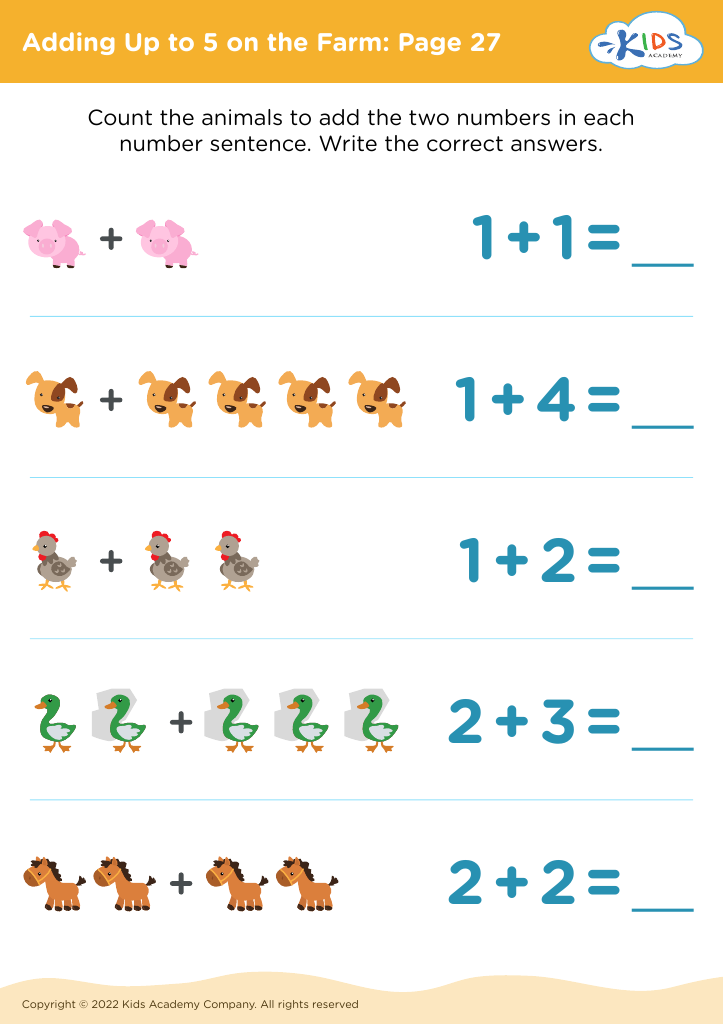
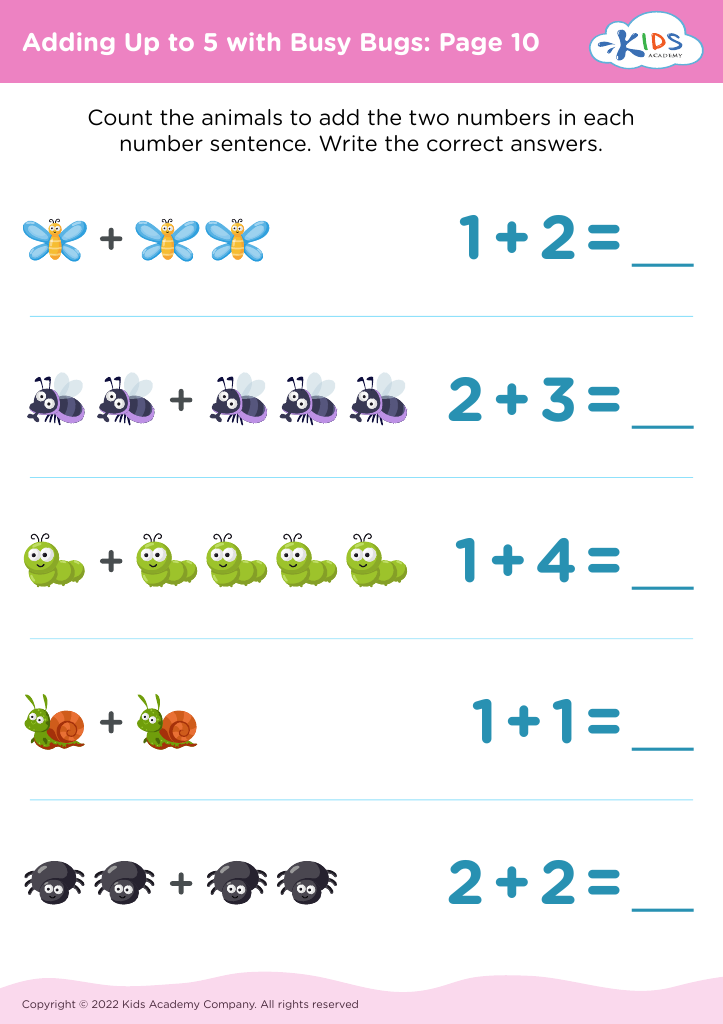
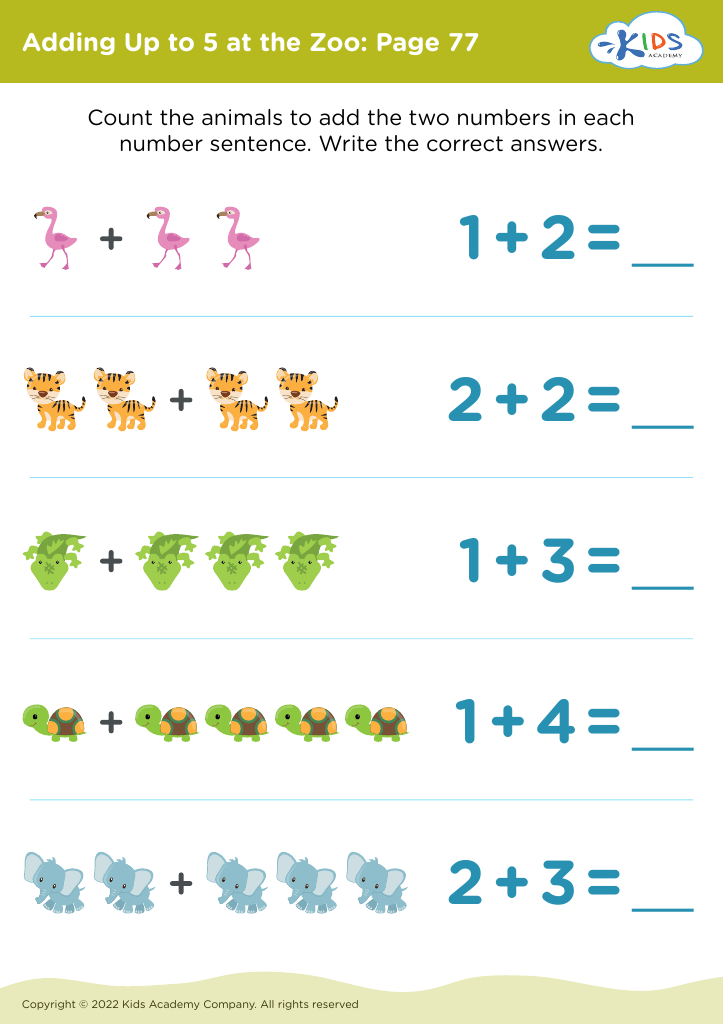
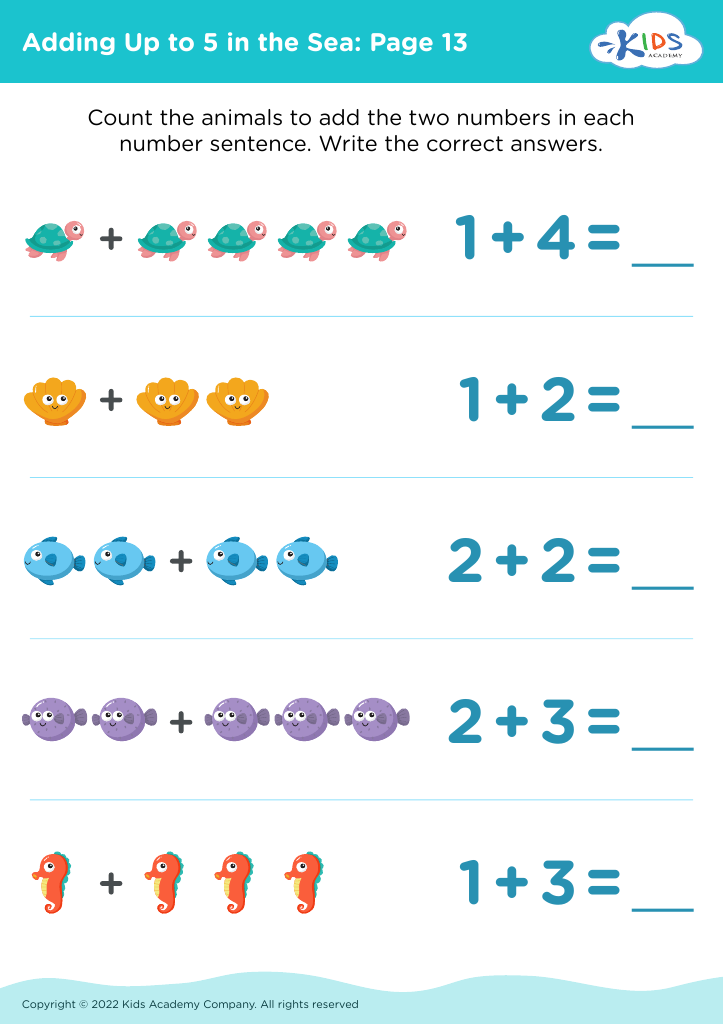
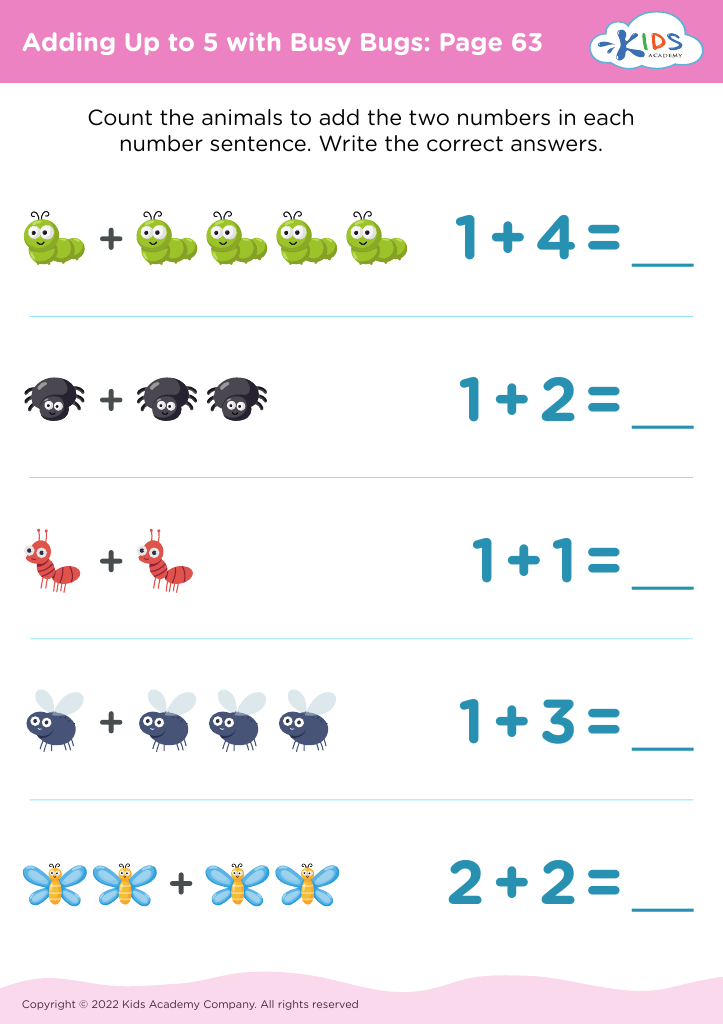
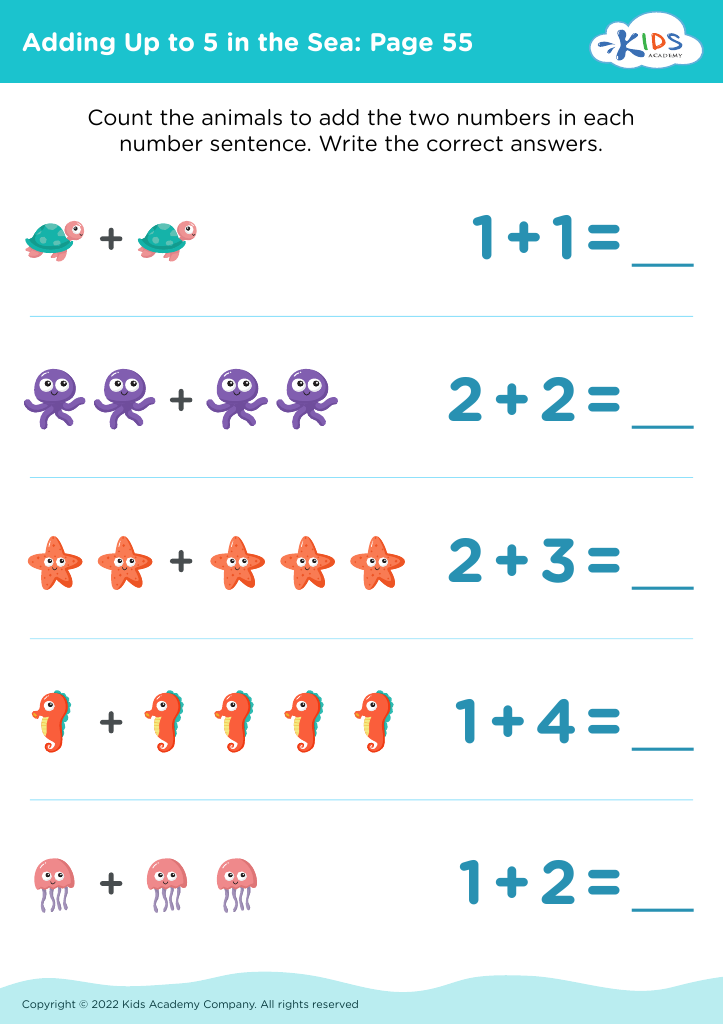
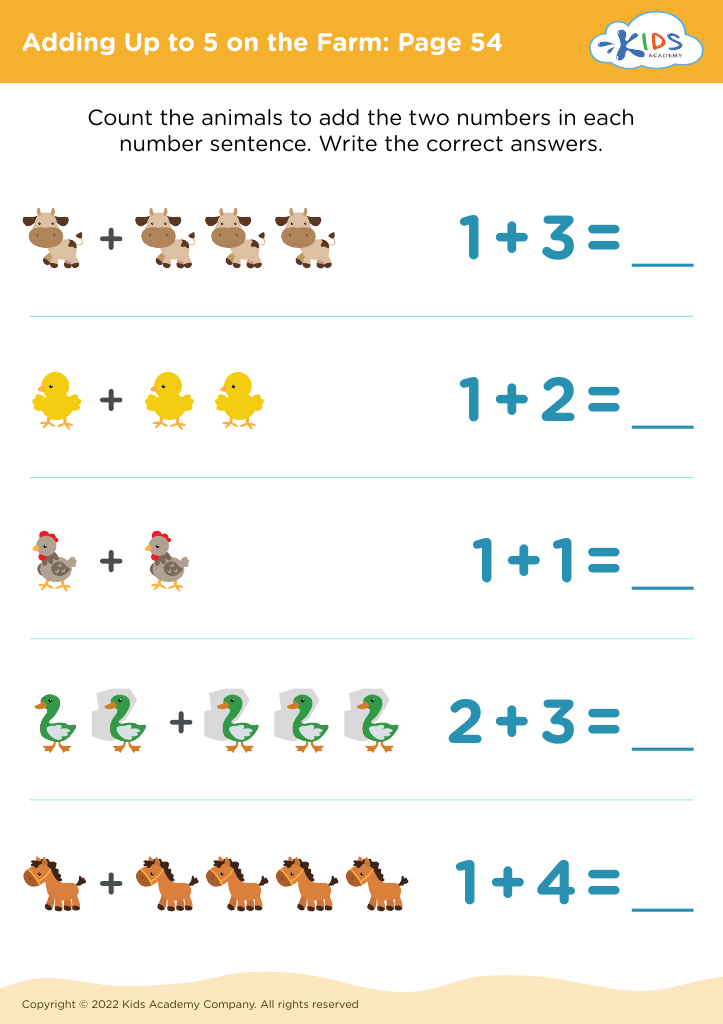
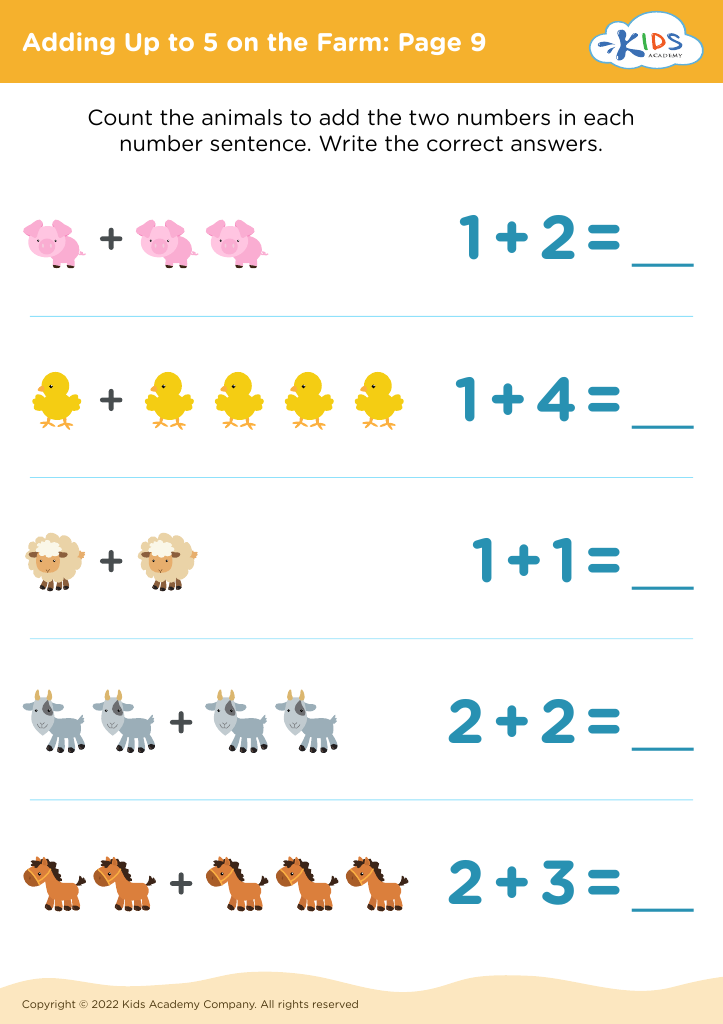





.jpg)






